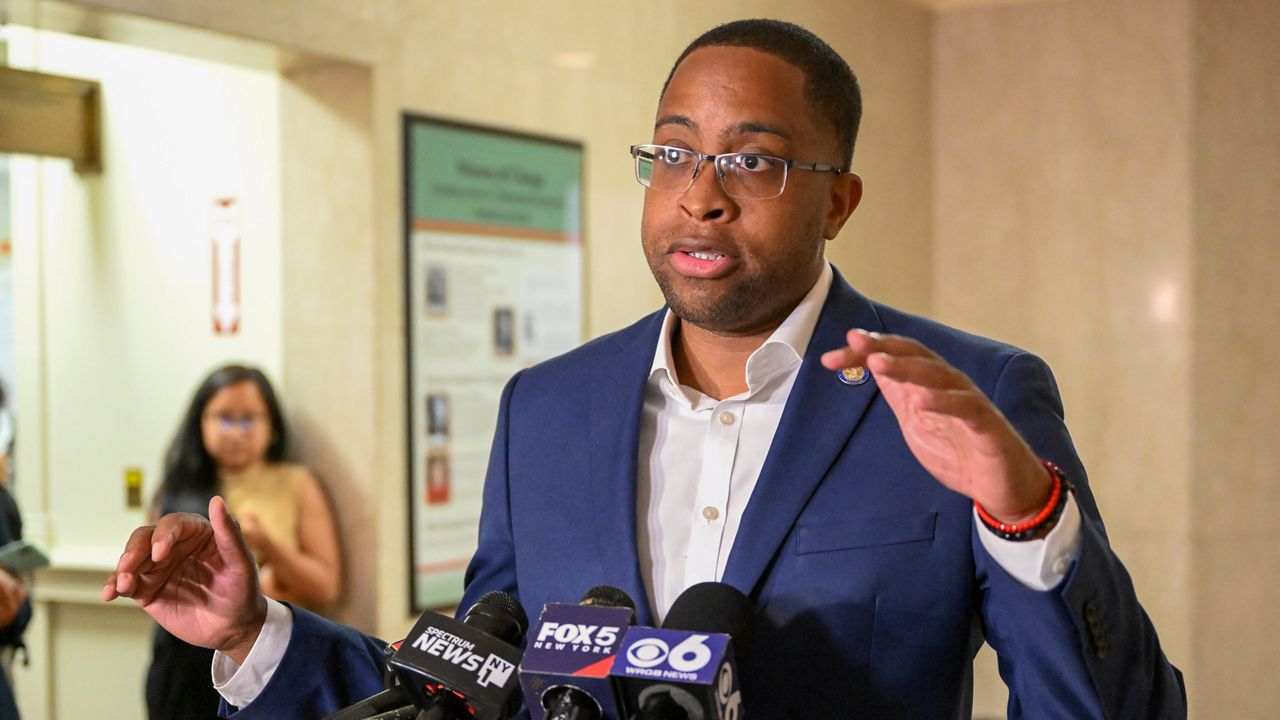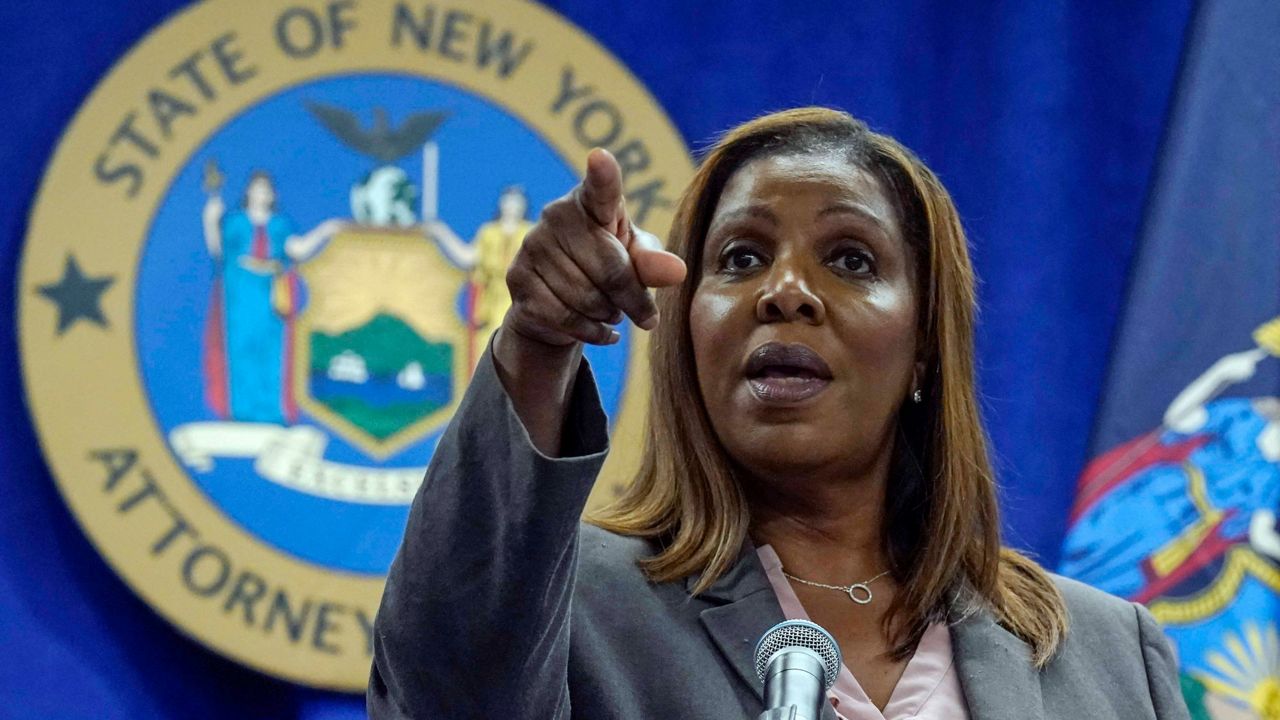The scene is six months from now: Gov. Kathy Hochul is presenting a state budget that declares the days of wine and roses are once again over, the credits will have to be cut up in order to get spending under control. Taxes may have to go up to protect essential services for New Yorkers.
Or, an alternative scene: New York and the national economy is doing far better than expected at the start of 2024. Inflation has been tamed and revenue is flowing to New York to help pay for schools, health care and other major ticket items in the budget.
It's not clear which scenario is possible for the state's finances. For some, there are warning lights flashing. Tax revenue is coming in below initial estimates, while multi-billion dollar budget gaps are opening up in the coming years.
"It's imperative for policy makers to look at these structural gaps facing the state and think pro-actively about how to address them," said Maria Doulis, the deputy state comptroller for budget and policy.
New York's budget reached $229 billion this year, fueled in part by historic increases in education. Enrollment in the state's costly Medicaid program is expected to drop. But if it doesn't, that could mean even more fiscal complications.
"In that case that could have multi-billion dollar ramifications for the state's financial plan," Doulis said.
Gov. Kathy Hochul's budget office has sought to ease concerns, pointing to more than $19 billion in rainy day funds -- money that would act as an umbrella, of sorts, if economic clouds worsen.
New York's rainy day fund had been anemic for years, and both Hochul as well as her predecessor, Andrew Cuomo, built it up in recent years. Still, the cushion can only go so far.
"The reserves are one tool," Doulis said. "They're not a silver bullet and they're not a substitute for fiscal discipline and active management."
But some budget watchdogs, including Nathan Gusdorf of the Fiscal Policy Institute, say the weaker tax revenue is only a snapshot of the last few months.
"It's really an indicator of what happened last year," said Gusdorf, the group's executive director. "So we should be looking at current economic indicators to think about how we expect the economy is going to perform, which is the source of tax receipts."
This comes, too, as the economy is yet to tip into recession, inflation has cooled and hiring has recovered. The weaker tax revenue, too, could be due in part to quirks of timing.
Wall Street, the engine of the state's economy, has recovered much of its losses from a year ago. Personal income in New York and wages are growing and the state's unemployment rate is improving after being comparatively sluggish to other states.
"As long the state is in a position to manage that spending, those are pretty crucial investments," Gusdorf said. "Fortunantely, the state is in a position to manage its spending."










